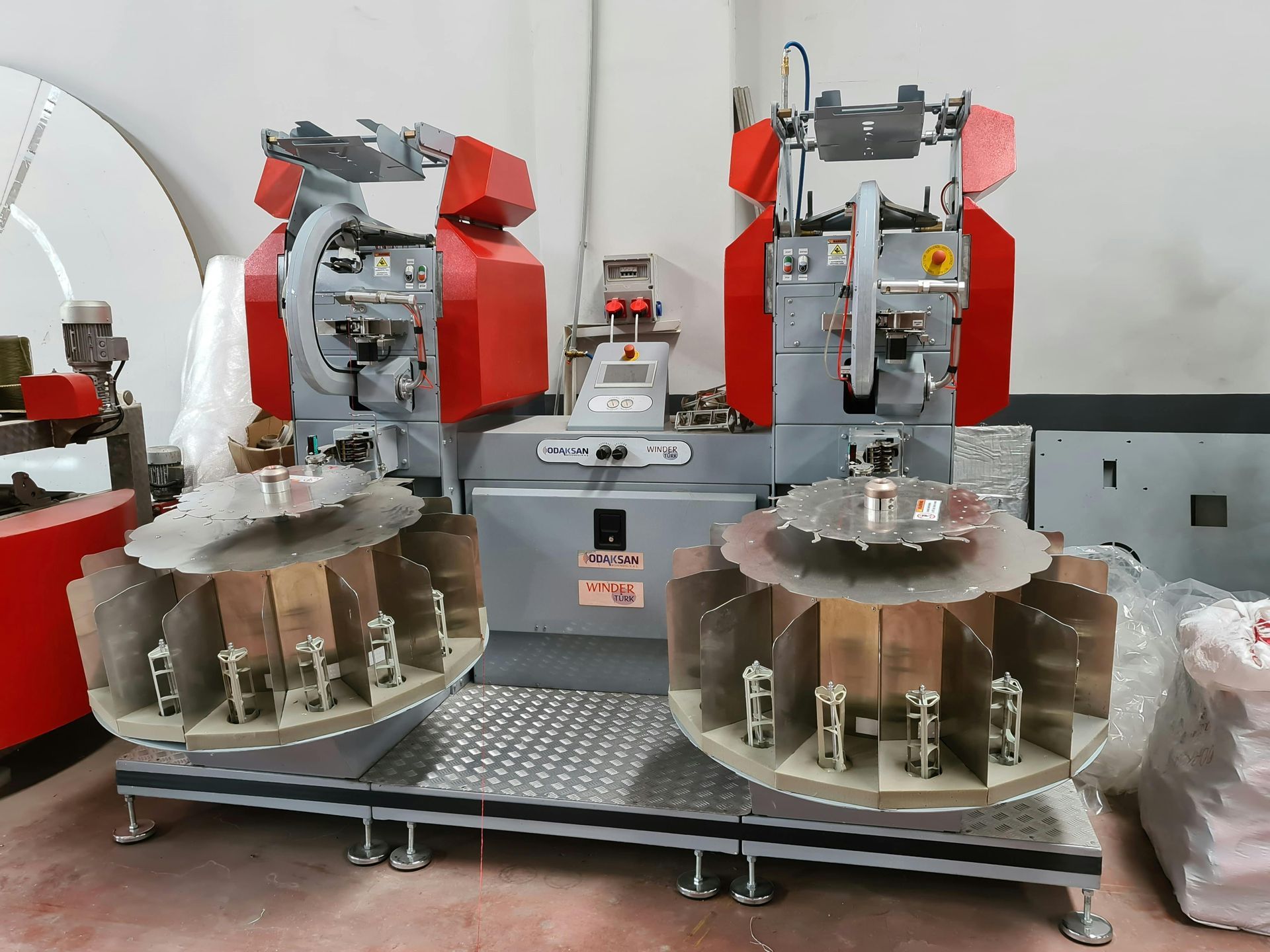Expert Accounting and Bookkeeping for Doctors and Medical Centres
Clarke McEwan Accountants

Clarke McEwan Accountants act for many Health Care Professionals throughout Brisbane, Sunshine Coast and Regional Queensland and over more than 20 years of working with the medical profession have developed a specialist division in this area.
We not only look after all of our Health Care Professionals’ accounting, income tax, business advisory and GST affairs, but in many cases are called on to administer and advise on our clients self managed superannuation funds, investments and their overall finances.
Our clients range from Specialist Sole Practitioners and GP’s through to Medical Centres and Divisions of Corporate Healthcare Providers. We are also very experienced helping doctors establish themselves in private practice, and transitioning from the public system to private practice or a combination of both.
A typical medical client might have a number of discretionary trusts for business, asset protection and investment purposes as well as their own self-managed superannuation fund. Some clients have partnerships, medical practice companies, trusts and/or service entity arrangements. We have a sound understanding of the financial, accounting and taxation issues affecting the health profession which has been acquired over a period of more than twenty years working with the profession.
No job is too big or too small. We have the experience and internal expertise to professionally complete all of your accounting and taxation work and ensure every possible deduction is claimed and strategy implemented to reduce your tax, protect your assets and maximize your net wealth position.
We also have an internal bookkeeping team that can look after your BAS, bookkeeping, weekly or fortnightly payroll, super and single touch payroll reporting. As both Xero and MYOB certified consultants we can also work with your own team or bookkeepers as a sounding board for any queries as they arise.
We would welcome the opportunity to discuss how we may be of assistance to you and/or your practice. For further information on the many services we provide please visit our website at www.clarkemcewan.com.au
An initial interview can be arranged at either our Brisbane or Sunshine Coast Offices or your practice or residence at no obligation or initial cost. For those unable to make an in person meeting we are very happy to organise an initial zoom meeting with you either within or outside office hours to discuss your circumstances.
For a confidential discussion or to make an appointment please do not hesitate to contact our office on 07 35050703 or by email to info@clarkemcewan.com.au or by requesting a no obligation no cost intial consultation and filling out the request form here <No Obligation No Cost Meeting>







